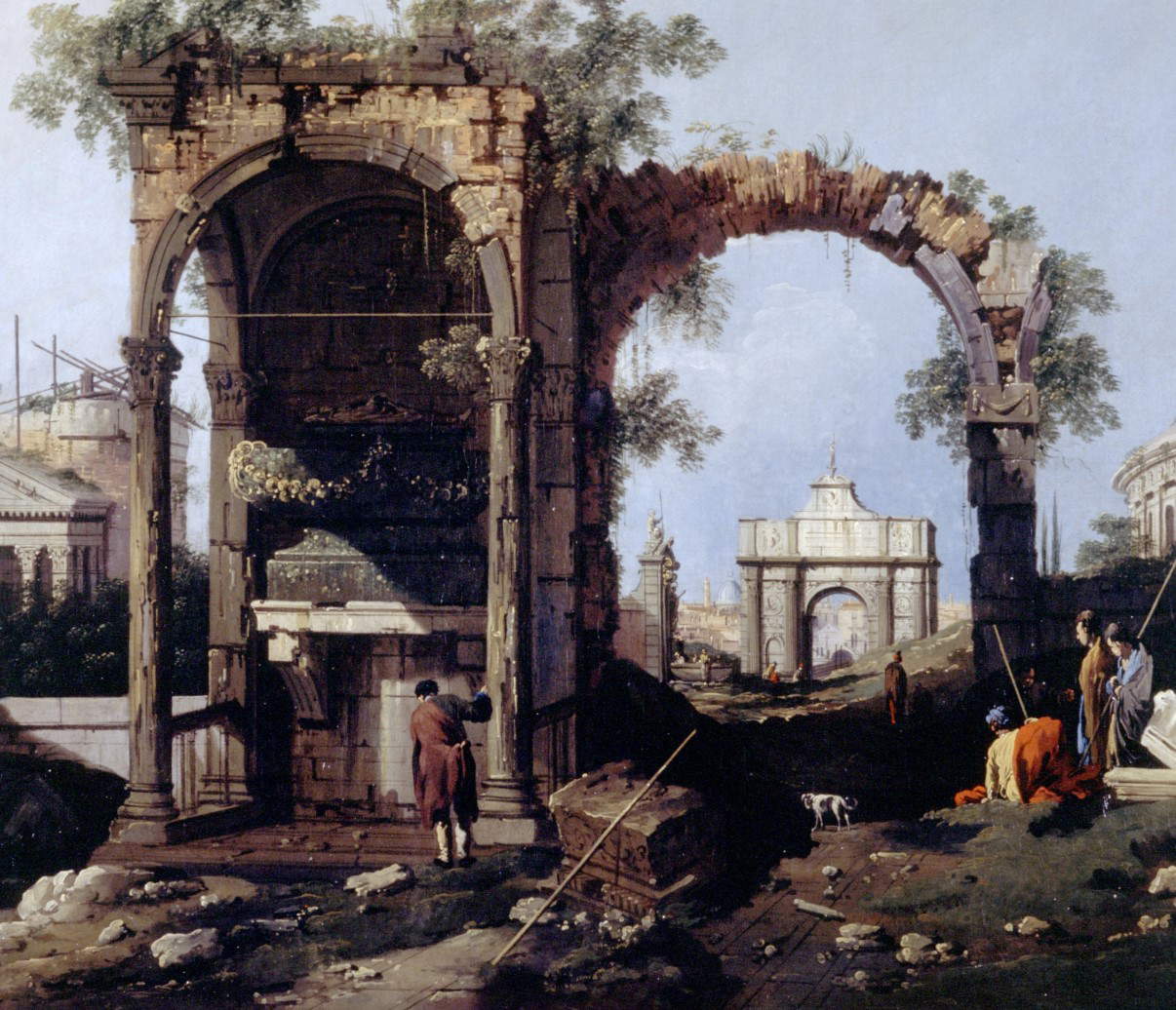The stability of the West is being undermined today, not by a mighty asteroid, not by the deadly arsenals of a nuclear conflict, and not even by the insidious and uncontrollable threats of terrorist attacks, but by a nanometer biological entity, not even definable as a life form in its own right: an infinitely small virus, which does not, however, make us feel infinitely large in its presence, but which, on the other hand, exacerbates our paucity and ephemerality in comparison with the endless moors of space-time, before which we are but a feeble and subdued glimmer.
West means waning: this term describes very well the condition of a civilization that believed itself invincible and that now, in the face of this emergence, sees all its fragilities emerge, which show the inability of sciences, techniques and medicine to scratch the finitude to which each individual is destined. In other words, this pandemic has brought back to the consciousness of each of us the fact that we are mortal and the fact that our civilization is neither invulnerable nor eternal.
In the words of Martin Heidegger, the dominance of technology and calculating thought have filled that immense void left by the death of God; from Socrates and Plato onward, Western man has in fact been characterized by having built worlds behind the world and sumptuous cathedrals in the desert, behind which to conceal his anguish before his own finiteness. First the idea of God and then technology, both under the ligida of calculating thought, have promised a fatuous image of immortality to Western man, who now, however, suddenly feels the ground crumble beneath his feet, discovering, like Ciaula with the moon, the sad and inescapable truth of our mortality.
 |
| Canaletto, Capriccio with ruins and classical buildings (1860s; oil on canvas, 63 x 75.6 cm; Venice, Gallerie dell’Accademia) |
And suddenly death appears, ill-concealed, between the folds of the places considered the safest: domestic walls, hugs with parents and children, handshakes with friends, business meetings, village bars, and hospitals and hospices that, from environments of care and comfort, turn out to be hotbeds of contagion and death. Along with the certainties of the individual landslide the pillars of an entire civilization that, from being an impregnable stronghold, now offers its Achilles’ heel not only to the power of the virus, but above all to the cruel and untamed logic of the markets, always ready to prevaricate, subdue and oust those who falter. And Italy, like the whole southern part of Europe, seems sadly destined to tow with it the whole system-Euro, which is unlikely to emerge victorious from this unequal struggle against the now emerging superpowers, which better than us have understood the globalized logic which, willingly or unwillingly, has been imposing itself for several years now at the planetary level. Both lindividualism and nationalism or sovereignism, so well entrenched in the history of the European West, have not only contributed to that decline of European international law theorized by Carl Schmitt, but above all constitute the main impediment for Europe to constitute itself as a cohesive and compact political entity capable of facing the great competitors at the international level, identified by the acronym BRICS (Brazil, Russia, India, China and South Africa).
Europe, should it prove unable to re-found itself no longer on a purely monetary and economic unity but on new (and at the same time ancient) narratives capable of addressing themotivations of its citizens, risks facing a slow, unhappy decline, comparable to the fall of the Roman Empire and its collapse in the dark ages, from the ashes of which, however, was born, beginning in the 14th century, the very Europe that, amid pluralisms and universality (as theorized by Giulio Maria Chiodi), experienced its glorious splendor, but which now turns to sound sunset.
Every outbreak, however, from Homer to Boccaccio, from Manzoni to Camus and Saramago, marks the end of a world but, at the same time, always allows glimpses of a new light, because every death is followed by a rebirth, often slow and painful, like the metamorphosis of the chrysalis, but from whose ashes it is possible for the Phoenix to once again take its new and mad flight.
The author of this article: Erasmo Silvio Storace
Erasmo Silvio Storace è professore a contratto all’Università degli Studi dell’Insubria di Varese e Como, dove collabora con le cattedre di Filosofia Politica e di Linguaggi Politici e di Estetica.Warning: the translation into English of the original Italian article was created using automatic tools. We undertake to review all articles, but we do not guarantee the total absence of inaccuracies in the translation due to the program. You can find the original by clicking on the ITA button. If you find any mistake,please contact us.